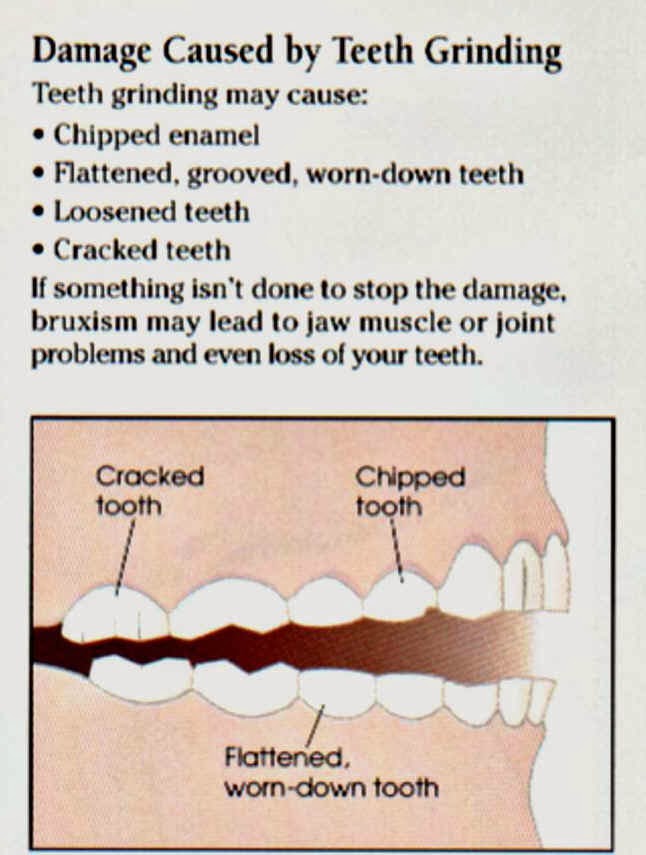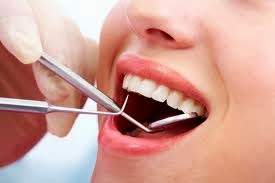How to get rid of sensitive tooth
If your teeth are sensitive, there are several simple but important steps you can take today to manage sensitive teeth and to help stop them from getting worse.

Avoid acidic food and drinks. Exposure to red wine, pop, fruit juices and acidic foods—such as oranges and pickles—can put your enamel under constant attack. Limit these foods and drinks, and try to brush about 20 minutes after eating them (not earlier, or the brushing may hurt your enamel further).
Put a stop to tooth grinding. If you’re grinding your teeth when you’re tense, you could be wearing away enamel and giving yourself a sensitivity problem. Try a mouth guard at night, or change your sleeping position. If you notice yourself clenching during the day, remind yourself to relax your jaw with your teeth slightly apart.

Treat your receding gums. Normally the root of your tooth is covered up by your gum tissue. But if you have some gum recession, caused by gum disease or even hard brushing, then the root will be exposed and the cementum can be worn away. If you’re brushing incorrectly and causing the receding gums, you have to change the way you brush before you start anything aggressive like a restorative treatment.

Avoid extremes of Hot or Cold. Sensitivity of teeth is believed to be due to movement of fluids along tiny tubes on the root surface. Extremes of hot or cold move the fluid in these tubes causing pain. The nerve is not actually exposed, but it can feel very uncomfortable. Luke warm drinks can usually be tolerated well.

Use a Sensitive Formula Toothpaste. There are many good toothpastes that can help reduce sensitivity. It is often essential to use them for a few weeks to feel the effect and they work better if some of the toothpaste is rubbed into the area and left to soak in.
Control coffee and tea intake. The acid in tea and coffee can annoy a sensitive tooth. If you drink several cups of coffee or tea daily, try cutting back, or diluting some of your coffee and tea drinks with water to reduce the acidity.

Don’t forget fluoride. Fluoride helps protect against tooth sensitivity by strengthening tooth enamel. Look for toothpaste and mouth rinses that contain fluoride. Stannous fluoride is particularly good for treating sensitive teeth.
Warm water works. A sensitive tooth may be irritated if you brush your teeth with cold water. Try using warmer (but not hot) water when you brush your teeth.
Have a Dental Examination. Although sensitivity is often caused by the problems mentioned, there may be other reasons for the discomfort.
It is always worth seeking professional advice in case there is some decay, a cracked tooth or broken filling. We will be pleased to discuss your needs and offer you tailored help and advice.
